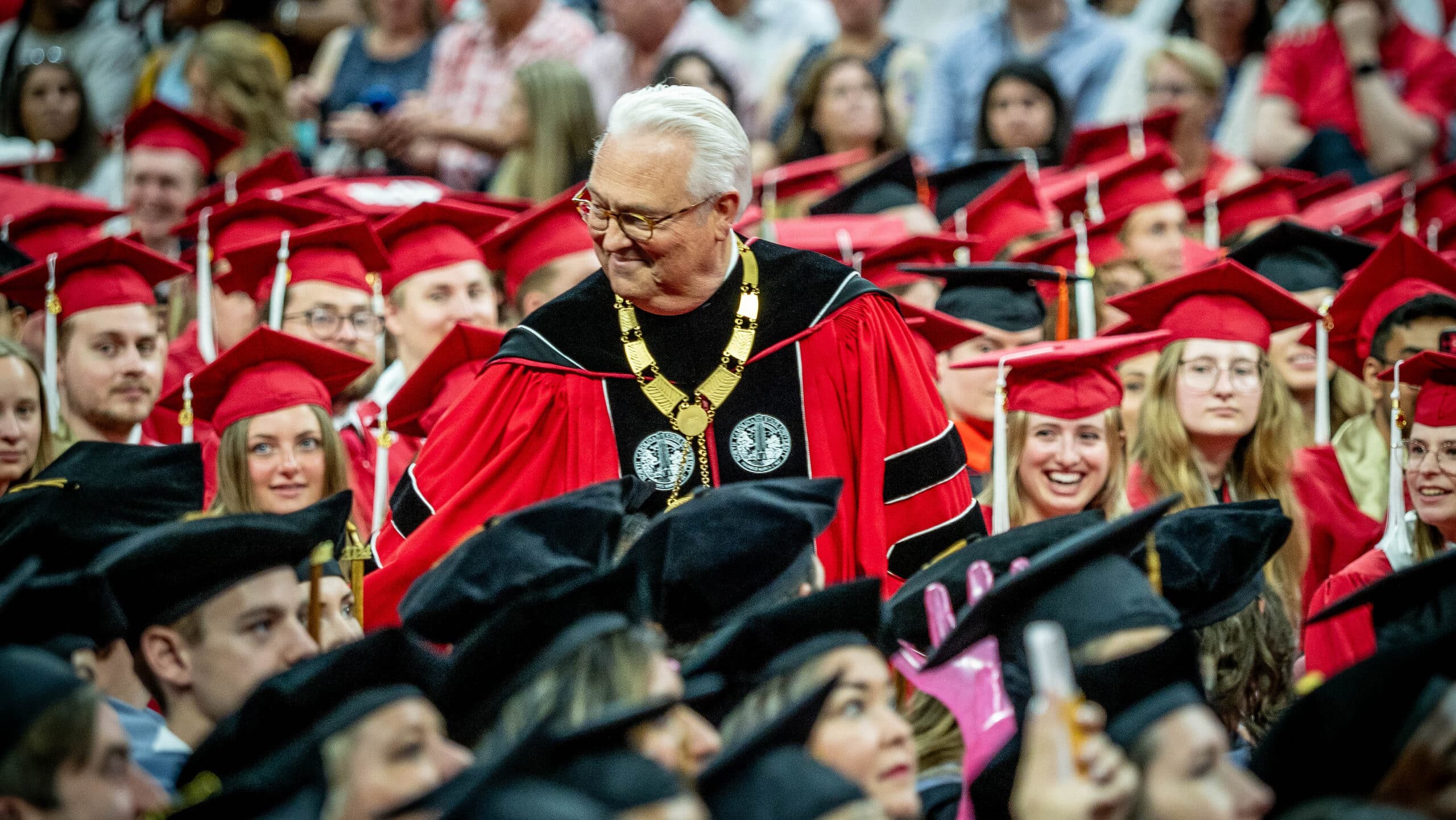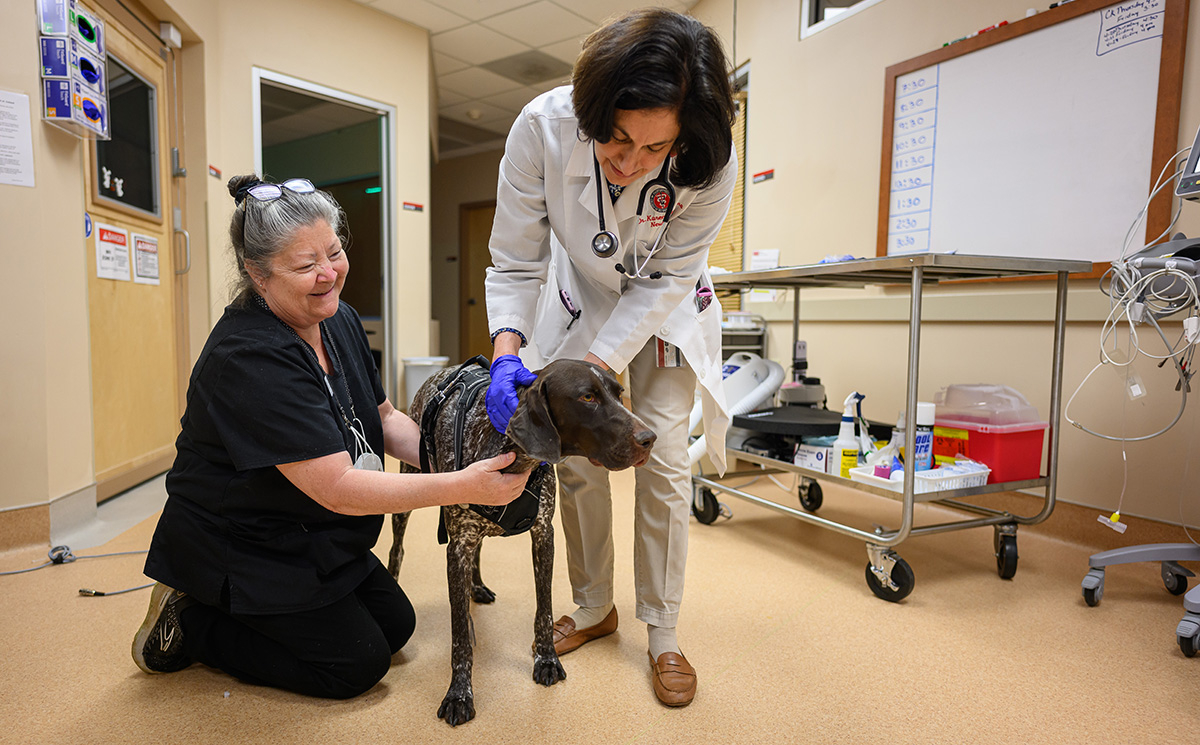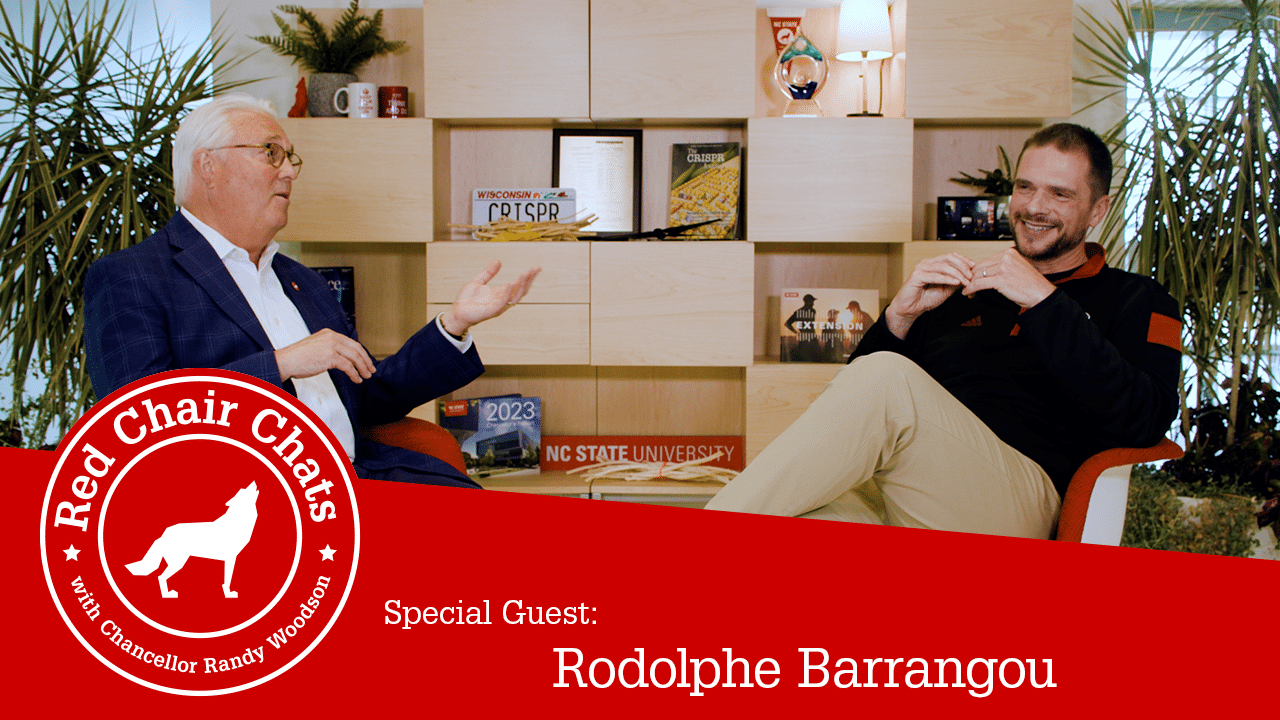NASCAR’s Rhodes a Fast Learner
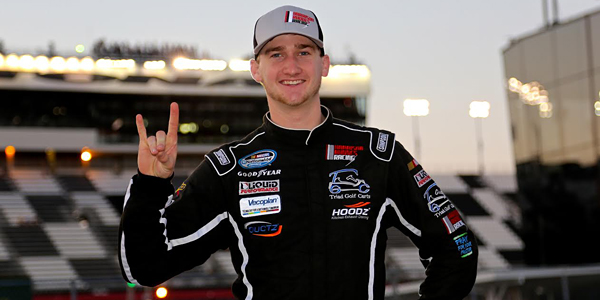
Not a lot of people at NC State know much about Harrison Rhodes, a sophomore business major who moonlights as a stock car driver.
“I don’t advertise it too much,” Rhodes says.
Except for the Harrison Rhodes Racing baseball hat he wears. Or the backpack stitched with his name that’s slung over his shoulder. Or the logoed windbreaker he wears around campus. Or the business cards he hands out to prospective sponsors.
For a NASCAR racer, that’s downright understated.
This weekend, Rhodes will dive deep into the world of speed, sponsorships and promotions when he drives for the first time on the high banks of the Daytona International Speedway in Saturday’s Drive 4 COPD 300, the season-opening race in the NASCAR Nationwide Series, the circuit just below the major League Sprint Cup Series.
The race is the annual warm-up to Sunday’s Daytona 500, the biggest race of the stock car season, where part-time college student Austin Dillon will start on the pole in the No. 3 car owned by his grandfather, Richard Childress.
Twenty-year-old Rhodes has a guaranteed spot Saturday in his HOODZ No. 24 Toyota Camry, owned by SR2 Motorsports of Mooresville. He won’t be the youngest driver in the race, a distinction that goes to 18-year-old Chase Elliott, the son of NASCAR legend Bill Elliott.
But he will be the only full-time college student.
A Thrilling Ride
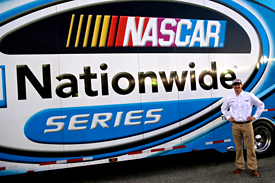
The race is the certainly the pinnacle for the sophomore who transferred to NC State last fall from his hometown High Point University. It fulfills a dream he’s had since first crawling in a go-kart to race with his friend, Tyler Labonte, the son of veteran NASCAR driver Bobby Labonte.
He’s been racing ever since, spending three years in Legends cars and two years on the K&N Pro Series East, all while attending Ledford High School. Last summer, he made seven starts in Nationwide races, considered to be NASCAR’s top minor league. His highest finish was 23rd, though he was leading with only two laps remaining in the Myrtle Beach 400 when his water pump blew out.
It’s been a thrilling ride for the lanky and somewhat still bumpy Rhodes. When he started, he and his father Gene were a two-man operation, building cars, pitching sponsors, traveling to races, making the long slogs home back to High Point. Though they had some connections in the racing world, the Rhodes family hardly had the legacy or the financial backing of some of the sports’ top teams. They survived on the income of Gene Rhodes’ two fast food restaurants in High Point and the sponsorships they could solicit.
Harrison Rhodes was offered a driving spot for Joe Gibbs Racing two years ago, but could not provide the financial backing that the team required. By then, he knew he wanted a career on or around the track, and going to college seemed to be the best way to cover all the corners for his future.
“I can’t tell you one specific reason why I like it so much,” Rhodes says. “But it seems anyone who gets into racing can’t ever really get it out. All the sounds and everything around the track. It’s all fun.
“No matter what happens, I am sure I will do something engineering or car-related my whole life. It’s what I enjoy.”
Taking Care of Business
About that: Rhodes had hoped to pursue an engineering degree at NC State, but the credit hours that transferred from High Point would have put him far behind most second-year students. He also discovered that his business meeting and racing schedule would have interfered with too many classes, labs and projects.
In many ways, though, a business degree may be more appropriate for a NASCAR driver, because the majority of his time out of the car is spent working to secure and satisfy the sponsors that pay the bills.
“Now that I am racing for a team, they do everything to get the car prepared,” Rhodes said. “I show up, get in my seat and drive. I have to get sponsors, make them happy and market them. It really seems all I do anymore is write proposals, Powerpoints and emails. The college experience has helped me groom those skills.
“I believe being a full-time college student as well as a NASCAR driver will give me an advantage now and down the road when I encounter business situations and connections throughout the industry.”
NASCAR Connections
NC State has produced a fair number of contributors to the sport North Carolina introduced to the world of racing. NC State graduate Jerry Punch, a medical doctor who began broadcasting races as a hobby four decades ago, has long been one of the deans of NASCAR media.
When racing teams began hiring engineers in the 1990s, NC State was the obvious place to look for job candidates. Luke Lambert, who earned an engineering degree at State in 2001, is in his first year as crew chief for Ryan Newman, one of the few NASCAR drivers with a college degree. He became a crew chief for Jeff Burton in 2011 after six years as a race engineer.
If Rhodes completes his degree – and that’s been his and his parents’ longtime goal – he will join an elite group of NASCAR drivers who graduated from college, a movement that has been fairly glacial since the late Alan Kulwicki, who owned an engineering degree from Wisconsin-Milwaukee, became the first college graduate to win a NASCAR race. Chad Little, who had a marketing degree from Washington State and a law degree from Gonzaga, ran 217 Winston Cup races over 16 years, but never won a race.
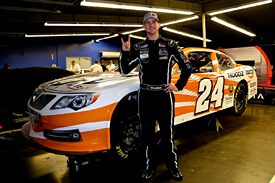
Newman received his engineering degree from Purdue, while independent driver Paulie Harraka, who was in five Nationwide races last year, earned degrees in markets and management, sociology and history from Duke.
Like Rhodes, Chase Mattioli competed in Nationwide races while pursuing his business administration degree at Fordham.
“If I was lucky enough to get the opportunity to race full time in the NASCAR Series, I would still pursue my education,” Rhodes said. “I would love to continue my time at NC State, even if my workload had to be decreased.
“Life is full of opportunities, but there are also things that happen that no one can plan for. I believe that having a college education will give me the experience I need in my career, as well as a backup plan in case racing isn’t possible anymore.”
Learn-Fast Sport
Rhodes was thrust into his first Nationwide race last summer at the Phoenix International Speedway. He also raced on two of NASCAR’s toughest tracks, at Dover, Del., and Darlington, S.C., as well as Iowa, Chicago and Kentucky twice.
“I had never been in a Nationwide car, never seen the track, never run on the radial tires they use in Nationwide,” Rhodes said. “I asked my crew chief, ‘Should I just try to feel it out a little,’ and he said there was no time for that. They just sort of spit me onto the track and told me to go all out.
“It’s a learn-fast sport.”
And as a full-time college student who can juggle all of his responsibilities, Rhodes learns as fast as he drives.
- Categories:
